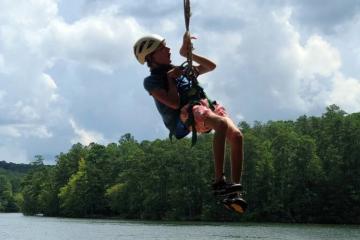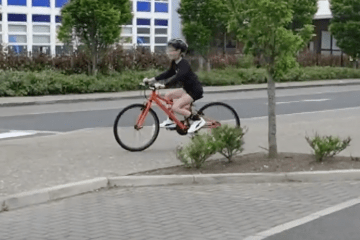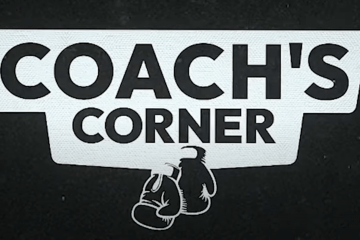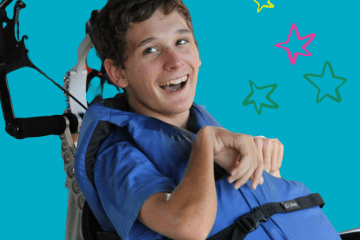Adaptive Sports, Therapeutic Recreation & Other Frequently Asked Questions
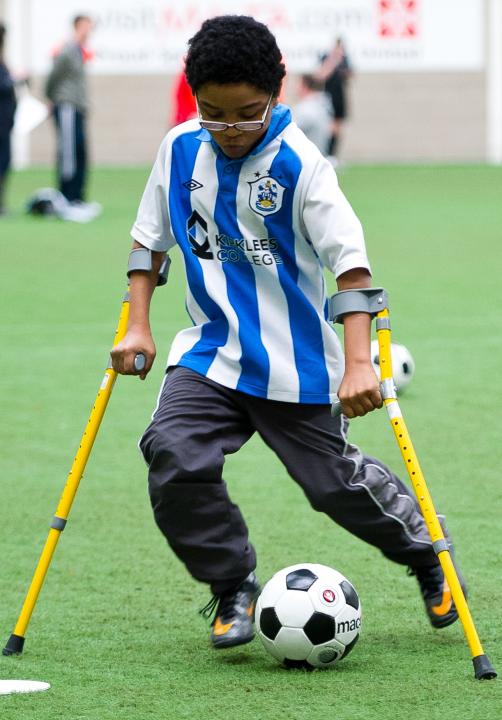
What are Adaptive Sports?
Adaptive sports are recreational and/or competitive sports and fitness programs for people with disabilities with modifications necessary for people of all abilities to participate.
For those individuals who prefer to compete in adaptive sports, often a classification system is used that puts athletes with physical challenges or visual impairment on an even playing field with each other. The use of a detailed classification system based on type of disability allows for a fair competition.
Can people with Cerebral Palsy of all abilities participate in physical activity and adaptive sports and exercise?
Yes! Not only are there activities for all ability levels, getting active and participating in exercise and sports has shown significant positive benefits for people with cerebral palsy including health and well-being, motor function, stamina, bone health, mental health and social connections.
There are sports or recreational activities for every level of ability including swimming, tennis, dance, rock climbing, track & field, para triathlon, cross fit, yoga, frame running, horseback riding, archery, a variety of wheelchair sports, snow skiing, waterskiing, bowling, biking, martial arts, kayaking, canoeing, badminton, soccer, surfing, boccia and many more! There is bound to be an activity and sport for almost everyone!
What is Therapeutic Recreation or Recreation Therapy?
Therapeutic Recreation is a treatment service that utilizes recreation, leisure and other activity and/or community based interventions to address the assessed needs of individuals with illnesses or other disabling conditions, as a means to rehabilitate and reduce activity limitations or restrictions to participation and restore person’s level of functioning and independence in life activities to enhance wellness, optimal health, and quality of life.
Often Recreation Therapists, also known as Therapeutic Recreation Specialists work in community recreation or adaptive sports settings to assist participants with a variety of needs participate for the purpose of restoration of and improvement of physical, social/emotional, behavioral and cognitive functioning and leisure needs; on-going health and wellness maintenance and promotion; community functioning and participation, psychosocial wellbeing and improved quality of life.
The goals of Community Recreation programs include:
- Provide programming to impact social/emotional functioning through activities that foster participation in social/group interactions, peer relationships, cooperation, self-expression, leadership, self-advocacy, and communication.
- Provide programming aimed to impact behavioral functioning through activities that improve anger/frustration control, self-respect and respect for others, trust issues, relaxation, and stress management.
- Provide programs aimed to impact physical functioning through participation in activities that promote balance, coordination, strength and endurance, motor planning, and fine motor skills; and to increase group participation in physical activity programs.
- Provide programs aimed to impact cognitive function through activities that improve attention, memory, problem solving, decision-making skills, and creative expression.
- Teach new recreation and leisure skills, and provide opportunities for adaptive recreation customized to an individual’s needs and abilities.
- Provide recreational, leisure, sports, and lifestyle resources to participants and families.
- Provide employment and volunteer opportunities for past participants.
What’s the difference between the Paralympics and Special Olympics?
The Paralympics and para/adaptive sports are often confused with Special Olympics. Both provide wonderful opportunities for athletes with disabilities but there are some important differences.
Special Olympics is an organization dedicated to working with people who have intellectual disabilities. These programs are typically not open to individuals who are not identified as having an intellectual disability.
The Paralympics and para adaptive sports are primarily focused on athletes with physical disabilities including amputation, spinal cord injury, cerebral palsy, limb deficiencies and visual impairments. The Paralympics (summer and winter) take place 10 days after each Olympics in the same city. There will be many athletes with Cerebral Palsy competing in the 2021 Games in Tokyo in a variety of sports.
Interested in getting involved in adaptive sports and recreation but aren’t sure where to start?
Not only are there activities for all ability levels, getting active and participating in exercise and sports has shown significant positive benefits for people with cerebral palsy including health and well-being, motor function, stamina, bone health, mental health and social connections.

